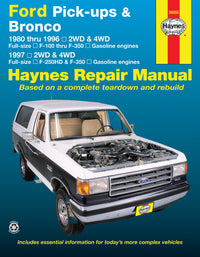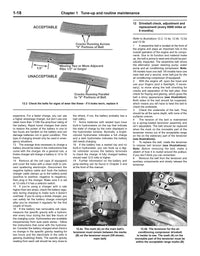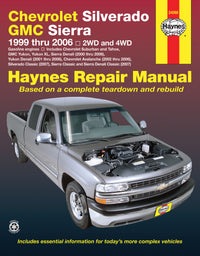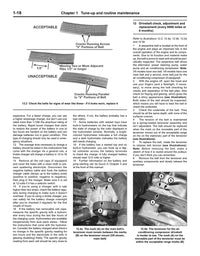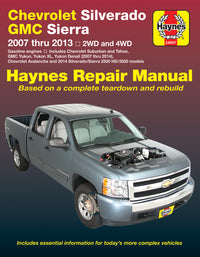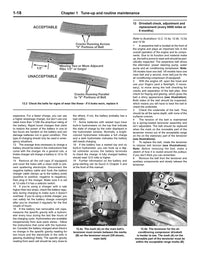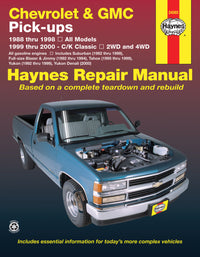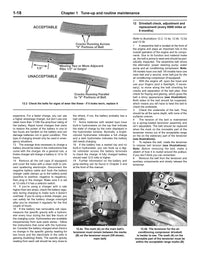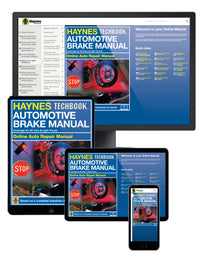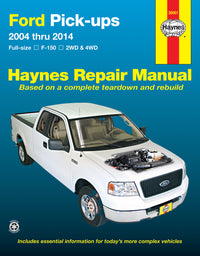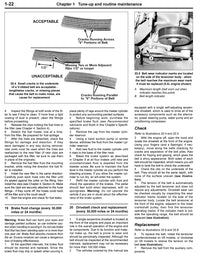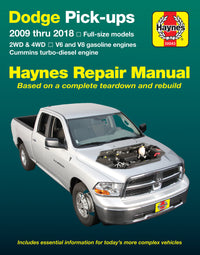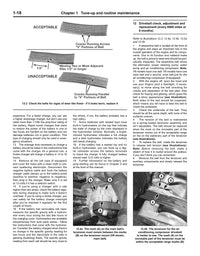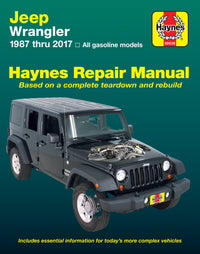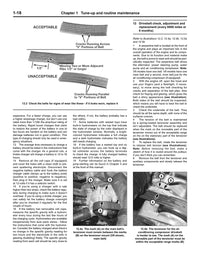Being an auto mechanic is a tough job. With modern cars as reliable as they are, it is getting tougher every year to make a good living fixing them. It is not surprising that complaints about auto service typically top of the list of complaints with the Better Business Bureau and other consumer protection groups. Some estimates put the percentage of money spent on unneeded repairs and fraudulent work as high as 33% and estimated money wasted at millions of dollars a day.
Most states have made rules specifically governing the practices of your local service station, mechanic’s garage, and dealer service department, specifically to combat the most common practices. For instance, in California, must sign off on a written service order and estimate before any work is done, or you don’t have to pay for the work. In addition, the shop is required to return old parts that they have replaced, to ensure the parts were actually changed out.
Upsells
One of the big profit generators for service centers is to upsell you and recommend preventative services. These aren’t really scams, but more like supersizing your combo meal at the drive-thru.
Does your car need its cooling system, fuel injectors, or transmission “flushed”? Probably not, but in most cases, it isn’t going to hurt anything. Check the recommended service intervals in your owner’s manual, or Haynes Manual. Flushing your cooling system is probably in there and most likely needed only every few years. For automatic transmissions, the conventional wisdom now is that flushing it after a long period of use is actually worse than just a drain and refill.
Throttle body cleaning, or injector flushing, is also typically unneeded. There was a time, on certain motors, that the throttle plate mechanism would get gummed up with dust and oil vapors. New air filter and intake design have made that a thing of the past, and it seldom happens to anything built in the last 15 years. With the injectors, modern fuels have so much detergent in them that fuel injectors keep themselves clean just by running.

Unneeded Repairs
To qualify as a scam, the service would have to be entirely unneeded, paid for but not performed at all, or required only because the mechanic caused the problem.
The most common unnecessary repair is probably a brake job, because nobody says no when told their brakes need attention. A dealer service technician tried to pull this on one of the Haynes crew, just one weekend after a big brake kit had been installed.
The other common brake scam is to sell you extra parts you don’t need when installing pads. The service department will recommend new rotors, and possibly calipers, when all you really need are the rotors resurfaced.
Still practiced in many shops is the fake leak. A mechanic will spray a little antifreeze under the hood when you aren’t looking, and charge for replacing a radiator hose. Sometimes they notice an oil leak under the car, that has never left a spot on your driveway or garage. Occasionally a technician will even loosen something, in order to make it leak, than charge you for time and new hoses, or even a radiator.
Another quick way to run up a repair bill is claiming you need shocks or struts and suggesting it’s unsafe to drive otherwise. They can even make it look convincing by wiping oil on the body of the damper. If you drove the car in, chances are it is perfectly safe to drive it out, and legally there is nothing they can do to stop you.

Making Work for Themselves
Some places will cause a leak and charge you for fixing it, but more common is cutting the edge of a belt or tearing a CV boot.
Cutting a fan belt used to be the most popular summer scam for gas stations along major highways, back in the days of full-service gas. While checking the oil, an attendant would cut the edge of the belt (with a ring worn on his finger just for this purpose), then show you how you narrowly avoided disaster. This was popular because replacing a belt only took 30 minutes and a handful of part numbers, but modern serpentine belts make it much more of a hassle.
On the other hand, a cut or torn CV boot on a front wheel drive car is still a popular money maker. The easily installed “quick boot” type CV joint cover is inexpensive, and just a few part numbers cover a large variety of cars. Causing a tear is harder for the mechanic, but not if you are checking the tire pressure. Just like the old fan belt, replacing it and getting the car back on the road is a 30-minute job.
Other commonly sold, but seldom needed services are air filter, and cabin filter, replacements. Reportedly, some shops will keep old dirty air filters around, just to convince a customer it came out of their car’s engine bay.

Tire Scams
Tires are another area where shops will try to profit, though they seldom stoop to actually giving you a flat. The common tire scam is to sell you a new tire rather than plugging a puncture. The reality is, most common punctures can be plugged safely and easily.
Insisting on a more expensive big name brand, or even the same exact tires the car came with, is another way of making extra money. Tires have a universal sizing system, and as long as they are the same size, they can be used. True, some tires and brands are better than others, but many of the bargain brands are made in the same factories as the big names.
Even worse, many shops will insist modern cars need all four tires replaced at once, especially in all-wheel-drive models. Check your owner’s manual, for specifics. Subaru specifies all tires have a circumference within 1/4” (or treadwear within 1/16” if the same make/model/size tire), which means a new tire is fine as long as the old tires are not worn more than about 25%. Audi specifies a 1/2” difference, so tiretread can be about 50% worn and you are okay replacing one or two only. Don’t get sold four new tires just because of a single flat.
Have you or someone you know been taken advantage of? In many states, there is a government office just to handle auto mechanic complaints. Do you have a new scam we haven’t mentioned? Email us and let us know.

